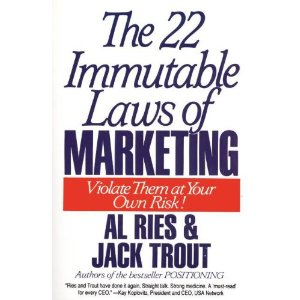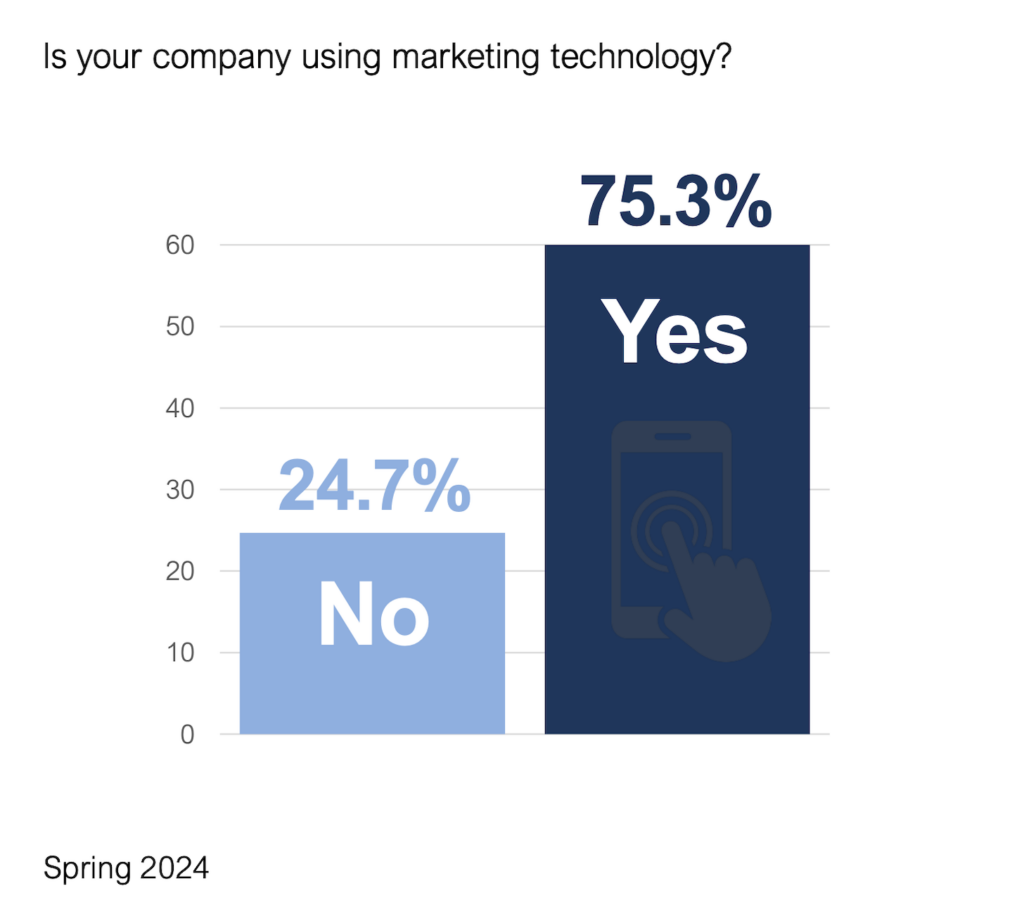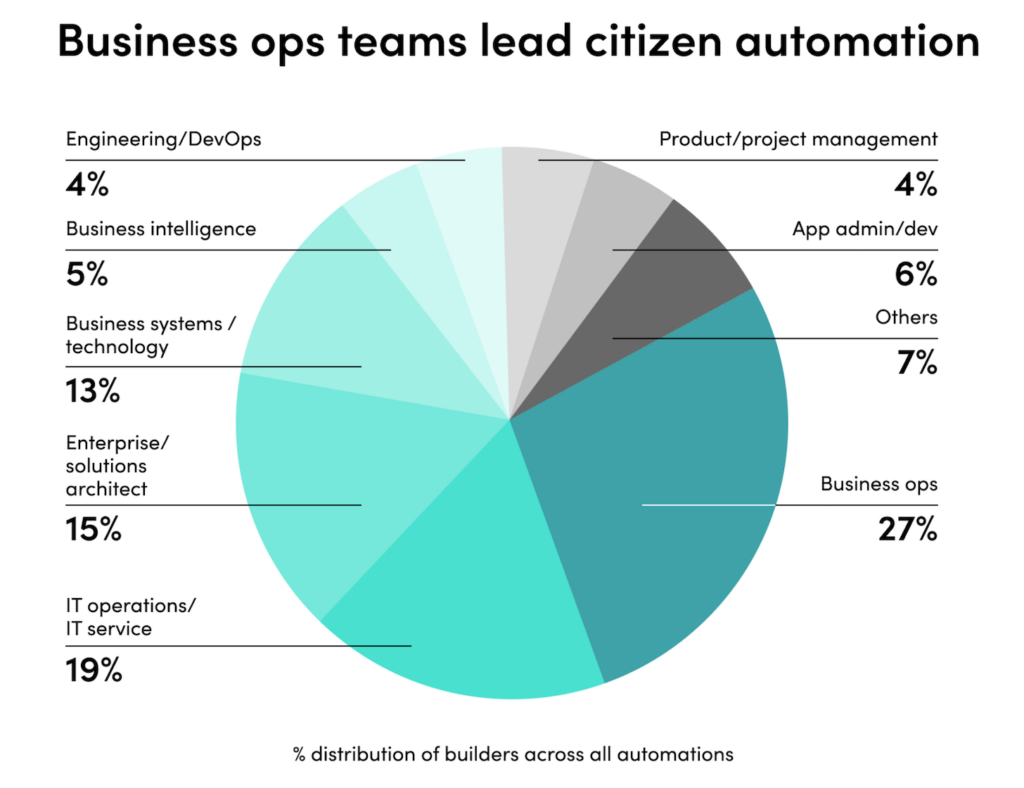I’ve shared the laws of technology for marketers. But what about laws of marketing for technologists?
The single most insightful marketing book I’ve ever read was published nearly 20 years ago, before the Web was anything more than an academic experiment: The 22 Immutable Laws of Marketing by Al Ries and Jack Trout.
Marketers of the Internet Generation can be forgiven if they haven’t read it. After all, it doesn’t invent entirely new tactical dynamics of online marketing, such as Permission Marketing, The New Rules of Marketing & PR, and Content Rules have. But the strategic truths that it reveals are timeless.
A few of the laws are:
The Law of Leadership
It’s better to be first than it is to be “better” — the leading brand in almost any category is the one that embedded itself first in the neural pathways of its prospects. In the best cases, the name may even become generic: Kleenex. Coke. FedEx. Or, a more contemporary example, Google. (A subsequent Law of the Mind notes, “Being first in the mind is everything in marketing. Being first in the marketplace is important only to the extent that it allows you to get in the mind first.”)
The Law of the Category
If you can’t be first in a category, set up a new category you can be first in. “Forget the brand. Think categories. Prospects are on the defensive when it comes to brands. Everyone talks about why their brand is better. But prospects have an open mind when it comes to categories. Everyone is interested in what’s new.”
The Law of Focus
The most powerful concept in marketing is owning a word in the prospect’s mind. “The most effective words are simple and benefit oriented. No matter how complicated the product, no matter how complicated the needs of the market, it’s always better to focus on one word or benefit rather than two or three or four.” Overnight = FedEx. Safety = Volvo. Cola = Coke.
The Law of Attributes
For every attribute, there is an opposite, effective attribute. If you’re not the leader in your market, it’s futile to try to own their word. “It’s much better to search for an opposite attribute that will allow you to play off against the leader. The key word here is opposite — similar won’t do.
I’d list the other 18 — they’re all great — but it would border on copyright infringement.
Think it doesn’t apply today? Think again.
I’ve seen several blog posts by digital marketing gurus who claim those “laws” no longer apply. I’d like to push back on that.
Admittedly, it’s easy to poke holes in something written 20 years ago. There are numerous examples in the book that time has worn away — e.g., IBM for being the leader in computers, even though “computer” today is arguably owned by Dell and IBM has moved on to “technology consulting.” Atari used to own “video games.” Today it’s owned by Sony with Playstation. [Edit: Jim Ewel in the comments below points out that HP and Lenovo may have claim to “computer” by sheer volume, and that Nintendo Wii and Microsoft Xbox are on top of “video games” today. Which leads to my next point…]
But nothing lasts forever. The laws of marketing that are focused on owning a particular word aren’t a guarantee of eternal permanence. But within the scope of a reasonable competitive battlefield — 5 years, 10 years, maybe more — it’s absolutely the benchmark of victory. And while some of the victors from yesteryear have gone away, many others have persisted (e.g., Hertz for car rentals), and still others (e.g., Apple) have evolved to own entirely new categories.
Google owns “search.” Facebook owns “social network.” It’s one of the reasons why Twitter is trying to position itself as something other than a social network. People say that Yahoo! used to own search, but truthfully, they owned “Internet directory.” And, unfortunately, Internet directories ended up being a temporary blip in the history of the Web.
(Yahoo! now seems to want to own “display advertising” — but that’s not a value proposition for users.)
Another law, The Law of Exclusivity — two companies cannot own the same word in the prospect’s mind — is one of the reasons Google is struggling so much with its social networking attempts. Its best bet, which they seem to be pursuing, is to play up social dynamics as a part of “search,” the word they do own. But they’ve got their work cut out for them.
Bing has been desperately trying to compete for “search” — they even tried to own the word “decide,” but it seems that consumers today are more interested in searching than deciding. (It’s no good owning a word if prospects don’t latch on to it.) Microsoft has spent a fortune on trying to dislodge the equation of “search” with Google in people’s minds. It’s nearly impossible to do.
I acknowledge that the Law of Leadership can be hard to perceive in the early stage of technological innovation — there are many examples of the first entrant to a market losing out to someone else shortly thereafter. But to reiterate Ries’ & Trout’s main point: being first in the market isn’t as important as being first in the mind. The Altair was the first home computer, but the Apple II ended up owning that space by being the first in more people’s minds. (Shortly afterwards, IBM owned the “PC” in people’s minds — a personal computer that was more serious than a mere home computer.)
So, even though Apple wasn’t the first MP3 player, Google wasn’t the first search engine, and Facebook wasn’t the first social network, in the rapid evolution of new technology — whole new markets emerging from the ether — those companies ended up grabbing the leadership positions after a little early stage jostling. And they’re now darn hard to dislodge.
(Another law, The Law of the Opposite — number two players in a market need to turn the leader’s strength into a weakness — is at play in how Android is being positioned as “open” vs. the iPhone’s “closed” product philosophy.)
Some may argue that this philosophy of owning words, mindshare, and leadership positions was more feasible in the age of mass media. Once you picked your “word,” with enough money, you could hammer it into people’s brains with TV ads on all three channels — ABC, NBC, CBS. In our current age of infinitely fragmenting media, that option is going away.
But don’t confuse the phenomenon of leadership positioning with its distribution.
Businesses that succeed must still own a well-defined position in people’s minds. It’s just that they’re winning those positions through different tactics and channels — meaningful content marketing, targeted search marketing, consistent word-of-mouth in social media. Advertising still plays an important role, but its dynamics and ecosystem are radically different than 20 years ago — you can’t dominate all media, but you can laser target specific media to specific audiences.
When I saw Seth Godin speak a few weeks ago, he emphasized the incredible potential of entrepreneurial thinking, how “linchpins” can change the world in narrow markets in ways that the big giants can’t. Some might interpret that as another death knell for these old-school marketing laws, but I view it as more of a powerful shift in scale.
You still want to own a word in a prospect’s mind. But now, instead of blanketing an entire mass audience — an option that was never available to smaller businesses or more niche markets — you can focus on owning a very specific word for a very specific audience segment. For instance, a small but brilliant team may own “UX design” in the minds of the Boston software start-up community. That can be a highly valuable position.
Larger businesses may own a collection of related-but-different words for related-but-different audience segments. (Starting to sound like an AdWords portfolio strategy? That’s no coincidence.)
For another contemporary example, read venture capitalist Scott Maxwell’s post from just yesterday, The Easiest Way to Fail in Business: Lack of Market Clarity, and you will see the essence of Ries’ & Trout’s laws peeking through.
Anyway, if you’re a technologist and you want to grok the underlying gestalt of marketing, The 22 Immutable Laws of Marketing should be on the top of your reading list. You’ll have to provide your own interpretation for our digital landscape, but I think you’ll be amazed at how the core concepts are as applicable to modern marketing as they ever were.
P.S. Totally wacky side note. I was flipping through my old copy of the book to select a few excerpts, and I happened to notice this endorsement (written in 1993):
“Powerful marketing concepts with practical evidence galore! These concepts are especially relevant to current economic and competitive conditions.” – Herman Cain, President and CEO, Godfather’s Pizza
Well, as they say, don’t judge a book by its cover. 😉




Scott, as usual, great post. The 22 Immutable Laws is also one of my favorite books. I gave Steve Ballmer a copy many years ago; fat lot of good that did.
I have two small nits to pick: Sony Playstation isn’t number one in the game console market. Nintendo Wii is number one, Xbox number two and Sony Playstation is number three in worldwide shipments. On a similar note, Gardner has Dell third in worldwide PC shipments in the latest quarter, behind HP and Lenovo (IBM by a different name).
Thanks for the corrections, Jim! I was writing this on a MacBook, and I’m not much of a gamer, so I kind of knew I was skating on thin ice. My 5 minutes of Googling clearly didn’t cut it. I was pretty sure that Atari was out of the picture though. 🙂
BTW, Scott, thanks for introducing me to the ZMOT concept. I used it in the class I’m teaching on E-Marketing, got a very good reaction from the students, and have found myself referring to it several times since then. Jim
Scott, thanks for this reminder of such timeless marketing wisdom documented in The 22 Immutable Laws of Marketing by Al Ries and Jack Trout.
I keep this active on my library shelves as well. There are some topics & authors who, like the best wine, age beautifully with us.
Interestingly, you also mentioned generational awareness. I’m now 72 and still learning much — and mostly from my 20’s – 30’s colleagues this time around. While many of them are still acquiring “social” intelligence, they definitely carry and demonstrate many of the “relational” qualities of the Great Generation (Warren Buffet is a great example) in their interpretation of The Law of Leadership.
One of the “givens” they expect (and respect) the most is congruency in brands and in leaders/managers. This is also one of several reasons they’re the fastest in the New West to leave a position, a company, a leader/manager or a brand whose “talk” is incongruent with the practice.